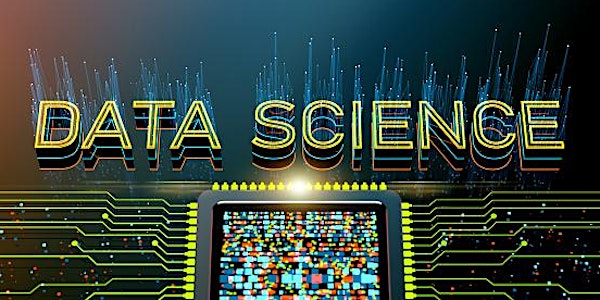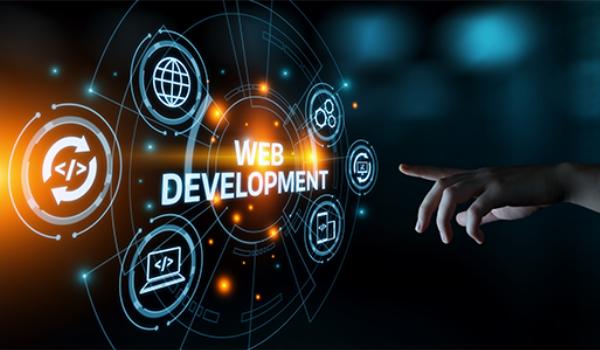Future Scope of Software Testing: What's Ahead in 2025?

Strong 8k brings an ultra-HD IPTV experience to your living room and your pocket.
Introduction
As the digital landscape rapidly evolves, software testing continues to play a critical role in ensuring seamless user experiences, security, and system performance. But what does the future hold for software testing in 2025? With emerging technologies like AI, blockchain, and IoT influencing how we develop software, the role of software testing is transforming significantly.
This article explores the future scope of software testing, emerging trends, and the skills that professionals will need to stay ahead in 2025 and beyond.
The Expanding Importance of Software Testing
Gone are the days when software testing was seen as a final step in the development process. In 2025, testing is becoming integral from the very beginning of the software development lifecycle (SDLC). This shift toward Shift-Left Testing allows early detection of bugs, saving companies time and resources.
Moreover, with the rise of DevOps and Agile methodologies, continuous testing is now a necessity rather than an option. In a world where companies release updates weekly or even daily, robust and rapid testing ensures that systems remain secure and functional without compromising delivery speed.
Key Trends Shaping Software Testing in 2025
1. AI and Machine Learning in Testing
Artificial Intelligence (AI) and Machine Learning (ML) are revolutionizing how we test software. In 2025, AI-driven testing tools will be more advanced, capable of identifying patterns, predicting high-risk areas in code, and even suggesting test cases automatically.
AI can analyze previous test results and user behavior data to prioritize test cases that are most likely to fail. This not only improves test coverage but also accelerates release cycles.
Real-World Application: Companies like Google and Facebook are already implementing AI to automate regression testing and detect bugs faster.
2. Test Automation at Scale
Manual testing is no longer sufficient to meet the demands of modern application development. Automation is set to dominate by 2025, with test automation frameworks becoming more sophisticated and accessible.
Automation tools like Selenium, Cypress, and TestComplete are evolving to support low-code/no-code environments. This democratizes automation testing, allowing non-developers to contribute to testing efforts.
Real-World Application: E-commerce platforms like Amazon rely heavily on automated testing to handle large-scale user interactions and complex workflows with speed and precision.
3. Cybersecurity Testing
As cyber threats increase, security testing will become a top priority. In 2025, software testers will work closely with security teams to identify vulnerabilities using automated penetration testing and ethical hacking techniques.
4. IoT and Embedded Systems Testing
The growing adoption of Internet of Things (IoT) devices requires specialized testing for sensors, embedded systems, and real-time data transmission.
By 2025, testers will need to ensure not only software functionality but also hardware integration, network reliability, and data accuracy
5. Cloud-Based and Cross-Platform Testing
Cloud computing continues to dominate infrastructure trends. With more applications hosted in cloud environments, testers must validate compatibility across multiple platforms and devices.
In 2025, cloud-based testing environments will support parallel testing, enabling teams to run hundreds of tests across devices and OS combinations simultaneously.
Real-World Application: SaaS companies like Salesforce use cloud testing platforms to ensure consistent user experiences regardless of the device or browser.
6. Blockchain and Decentralized Application Testing
Blockchain is no longer confined to cryptocurrencies. As decentralized apps (dApps) grow, testing must address issues like transaction integrity, consensus protocols, and smart contract functionality.
Testing smart contracts on platforms like Ethereum or Hyperledger will require domain-specific knowledge and tools.
Evolving Career Opportunities in Software Testing
With such expansive growth, software testing roles are becoming more diverse and specialized. In 2025, professionals can pursue a variety of career paths:
- AI Test Engineer: Focuses on building and testing AI-driven systems.
- Security Tester / Ethical Hacker: Specializes in vulnerability scanning and security validation.
- Test Automation Architect: Designs scalable test automation frameworks.
- IoT Tester: Validates connectivity, performance, and real-time responsiveness of IoT devices.
- Performance Tester: Ensures optimal load handling and system scalability.
- Skill Demand in 2025: According to industry projections, skills in AI/ML testing, automation tools, API testing, and cloud testing will be in highest demand.
Tools and Technologies to Watch
By 2025, a wide range of innovative tools will redefine testing efficiency and coverage:
AI-based tools: Applitools, Testim, Functionize
- Automation platforms: Selenium, Cypress, Katalon Studio
- Security tools: OWASP ZAP, Burp Suite, Fortify
- IoT testing tools: IoTIFY, Postman (for APIs), JTAG Debuggers
- Cloud testing platforms: BrowserStack, Sauce Labs, AWS Device Farm
These tools are becoming smarter, faster, and easier to integrate with CI/CD pipelines.
To stay relevant, software testers must continuously update their skills. Here are a few focus areas:
- Learn programming/scripting (Python, Java, JavaScript)
- Gain proficiency in test automation tools
- Understand CI/CD pipelines and DevOps practices
- Acquire knowledge of AI, cloud platforms, and cybersecurity fundamentals
Explore niche domains like blockchain, IoT, and healthcare systems
- Certifications to Consider:
- ISTQB Advanced Level
- Certified Ethical Hacker (CEH)
- AWS Certified DevOps Engineer
Certified Kubernetes Application Developer (CKAD)
Conclusion
The future scope of software testing in 2025 is promising, dynamic, and deeply intertwined with next-gen technologies. As businesses accelerate their digital transformation journeys, quality assurance is emerging as a strategic differentiator. Software testers are no longer just gatekeepers they're innovators, advisors, and key contributors to delivering seamless and secure digital experiences.
For those looking to build a strong foundation or upgrade their skills, a well-structured Software testing course in Noida, Delhi, Pune, Bhopal, Agra and other cities in India can provide hands-on knowledge in automation, AI-driven testing, and security protocols equipping professionals to meet the industry’s evolving demands. The landscape is evolving, and with the right guidance and training, testers can play a leading role in shaping the future of technology.
Note: IndiBlogHub features both user-submitted and editorial content. We do not verify third-party contributions. Read our Disclaimer and Privacy Policyfor details.







